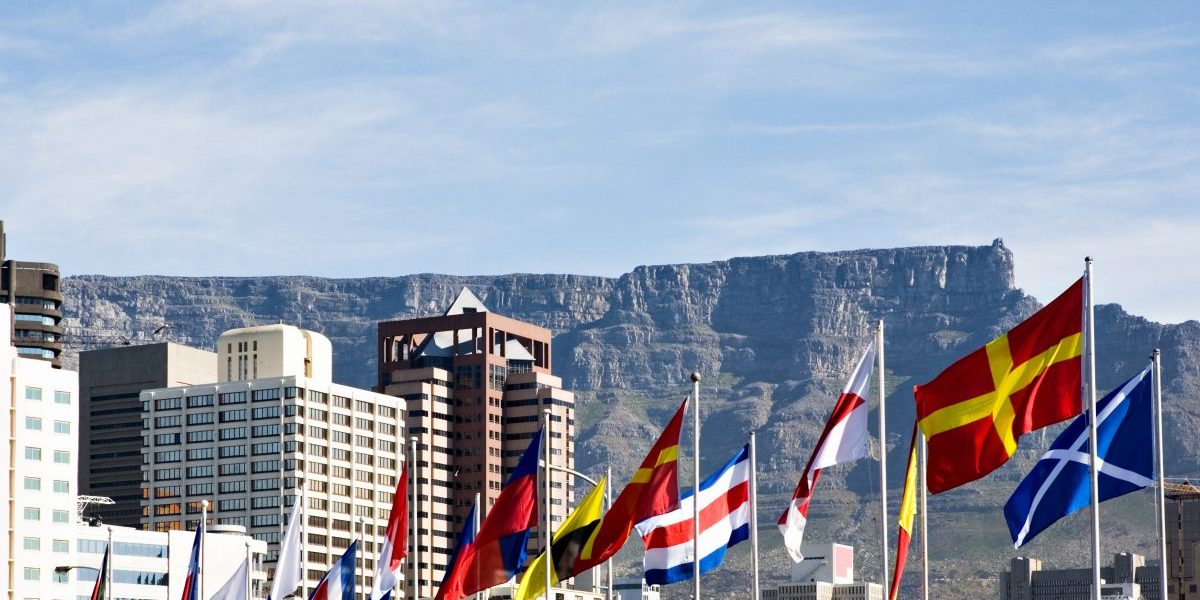The call to decolonise international relations has gained global prominence, manifesting itself in academia and the public discourse. From the Black Lives Matter movement to the removal of statues of slave traders or advocating for much-delayed reparations for mass atrocities, anti-colonial movements have garnered substantial attention. The commitment of Germany’s government to end colonial continuities is welcome, but such a paradigm shift will inevitably be a process.
Developing nations have become increasingly vocal about the need for a fairer multilateral system. And those who call for fairness have become more powerful. China is now the world’s second-largest economy, while India is in fifth position. Each of them positions itself as a leader of the Global South. Even though China and India have different interests, they can pressure the North by emphasising the discrimination of developing countries in the international system. Amid this power shift, the West often appears preachy, while many developing nations view China as a potential partner for their development. Western criticism of their partnership with Beijing reinforces perceptions of condescension and paternalism.
New rules for a new world
In September 2023, six more Global South countries were invited to join BRICS. Many stakeholders, including from civil society in Africa, want the grouping to form a pole of a new alternative global order. The design of a fairer global order will require proactive engagement from all developing countries. But the interests of small and medium-sized countries will only be protected if these countries themselves are clear about the values and rules a new system should include. They should reflect on what rules need rethinking, how to reform existing institutions and what new institutions are necessary to address the new global challenges.
Human security first
The values and principles of the UN Charter are still relevant. The problem has been non-compliance and disrespect for its values and principles by all major powers. A particular principle that should not be lost is that of political, social and economic human rights.
Regrettably, in certain Global South countries political elites argue that state security is superior to human security, due to historical injustices inflicted by Western powers. However, the fight against colonialism was rooted in the pursuit of democracy, freedom and economic emancipation. A new world order that disregards such values would only reproduce an unjust global system.
Regional institutions like the African Union have a crucial role to play in these discussions. But, equally, we should not forget the voices of Global South citizens. Debates about a new world order must be on the agenda of every regional institution and every citizen. Otherwise, people will remain passive about a transformation that will profoundly affect their lives – from livelihoods and vaccines to automation, climate change and natural disasters.
The key lesson that Western governments should learn is that rhetoric without meaningful action will not delay the reform. Rather it will awaken those nations that perceive the current system as disadvantageous, prompting them to explore alternative or parallel structures.
No more colonial continuities
Germany’s government has emphasised the necessity to overcome colonial continuities and meet countries as equals in partnerships. It is imperative that a genuine commitment to multilateral reform is an integral component of this approach. Focusing on the relationship between Africa and Europe without listening to African and other Global South countries about their vision of global governance would make this an example of meaningless rhetoric.
Critical to this is trust, which can be built right now. Re-channelling at least $100 billions of unused Special Drawing Rights of the International Monetary Fund to those who need this or temporarily suspending its interest surcharges are two short-term actions that can build trust. Germany should also advocate for the EU to use funds raised via its carbon border tax adjustment mechanism for developing countries, a proposal that was made at the time of the negotiations on the mechanism but then was dropped.
Germany needs to understand why many African countries have adopted non-aligned positions vis-à-vis Russia’s invasion of Ukraine, even when they see it as representing Moscow’s colonial mindset. For many Global South countries, the West’s engagement with them on this issue also represents a colonial continuity.
Berlin’s approach to dismantling colonial continuities can contribute meaningfully to shaping Europe’s engagement with the Global South. By listening and not dismissing the latter’s concerns such as debt problems, access to vaccines and Northern climate finance commitments, Germany can play a vital role. Failing that, the multilateral system will experience increasing fragmentation and an erosion of rules. North and South should recognise their common interest in avoiding that. Only superpowers stand to gain from such a breakdown.








